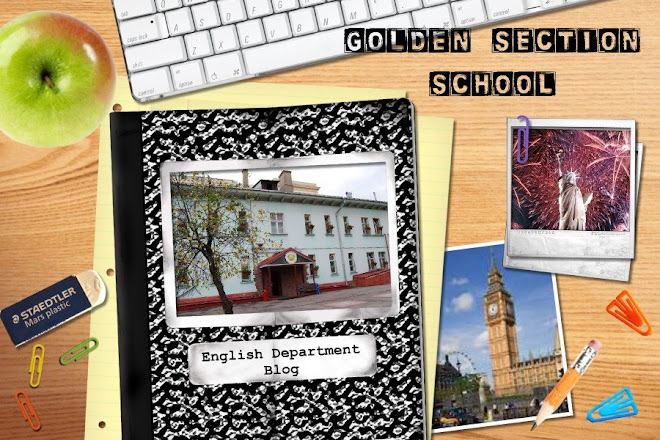LYNN NEARY, host:
This news item out of Russia caught our eye last week. The Ministry of Education announced it will require high school students to read excerpts of Alexander Solzhenitsyn's masterwork "The Gulag Archipelago."
This was the book that more than any other exposed the horrors of the forced labor camp system under Soviet dictator Joseph Stalin. The work was hugely influential and contributed to the eventual demise of the Soviet state.
NPR's Anne Garrels is in our Moscow bureau and joins me now to talk about how Russians are re-examining their history now.
Good to talk with, Annie.
ANNE GARRELS: Nice to be here.
NEARY: Now, first, how much do Russians kids actually know about the Soviet's system of forced labor?
GARRELS: Not really that much, curiously. It's not that the information isn't there. But after the early years of perestroika and the fall of communism, when there was a huge amount of attention given to the brutality of Soviet rule. Many people just got tired of rehashing the past. And, remember, these children - now in school - were born after the fall of communism.
If, during the Yeltsin years, Stalin was thoroughly excoriated, the picture under his successors, Vladimir Putin and Dmitry Medvedev, has been much less clear cut. Putin initially called for Solzhenitsyn book to be read only at schools that focused on literature. But Solzhenitsyn's widow, Natalia, urged him to have all students read the book, and he promised her that would happen.
NEARY: Now, does the government's decision to have kids read from "The Gulag Archipelago" mean that Russia is once again ready to reexamine its ugly past?
GARRELS: Well, it's a good sign for those who believe the lessons of the past are key to building a truly democratic Russia, but there are really mixed signals here. At the same time, excerpts from "The Gulag" will be studied, the authorized Russian textbook praises Stalin as an effective manager who industrialize the Soviet Union and led it to victory against Hitler.
A Russian court, amazingly, recently agreed to hear a case brought by Stalin's grandson. He basically says an article that Stalin killed millions of innocent Soviet citizens as well as Polish prisoners of war - well documented facts -defame the dictator. A decision by Moscow authorities to restore Stalin's name and words of praise for him. And the vestibule of a major Moscow metro station has also sparked a storm of debate.
NEARY: Now, the students are being asked to read just excerpts. Does that say more about the length of the book or is there some censorship involved here?
GARRELS: I think it really has more to do with the length of the book.
NEARY: I don't think it's so much censorship - and you can get the book anywhere here.
NEARY: Yeah. So, nearly two decades after the collapse of the Soviet Union, how do the Russian government and Russian people really view their modern history?
GARRELS: It's really confusing. Russian officials seem to be looking for a way to inspire pride and nationalism. And one way to honor Russians is to praise the victory in World War II. I mean, this is key. But Russians want to ignore any discussion of uncomfortable facts, like the beginning of the war, Stalin's pact with Hitler.
And recently there have been some extraordinary events here. Russian foreign intelligence services recently unveiled archival documents that they say show it was, in fact, Poland which conspired with the Nazis before World War II, completely ignoring Moscow's pact with Hitler. I mean, this really upset the Pols.
NEARY: Sounds like the Russians are preoccupied these days with their role in history. Why is that?
GARRELS: Some really just want to rewrite or reemphasize events in history so that Russians come out better. Some believe Prime Minister Putin wants to use Stalin's so-called successes to justify the return of a strong government in which opposition is discouraged. And President Medvedev, his hand-picked successor, seems to be going along with it to a great degree.
He's created a commission to fight what he says are growing efforts to hurt Russians' interests by falsifying history. Historical archives are being closed. Things that were once opened up are now being reclassified as secret.
But just when you think you have a picture of what's going on here, and when you think there's no difference between Putin and Medvedev, Medvedev will suddenly break ranks. For instance, this week he gave a grim picture of the situation here, indirectly criticizing Putin. He called for more political competition. Under Putin, the opposition parties were dramatically limited, so I would say the situation's still in flux.
NEARY: NPR's Anne Garrels in Moscow. Thanks so much, Anne.
GARRELS: Thank you.
Copyright ©2009 National Public Radio®. All rights reserved. No quotes from the materials contained herein may be used in any media without attribution to National Public Radio.

No comments:
Post a Comment